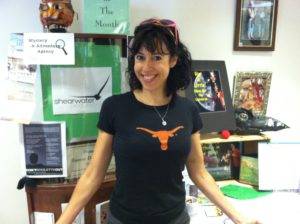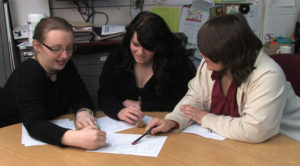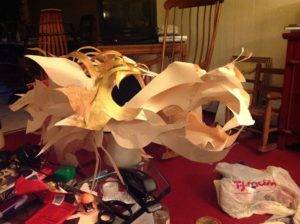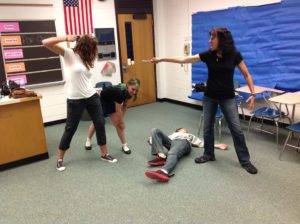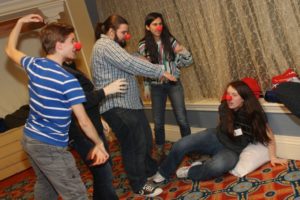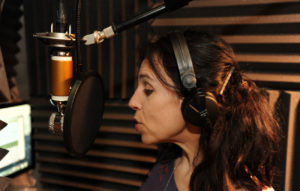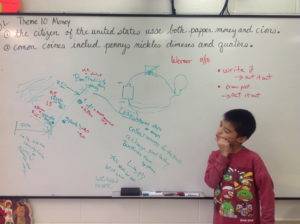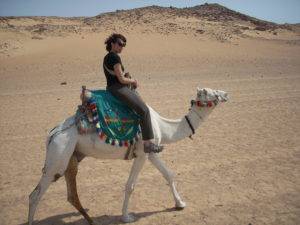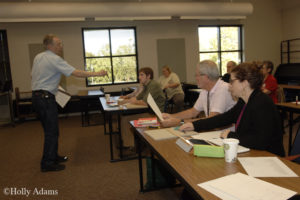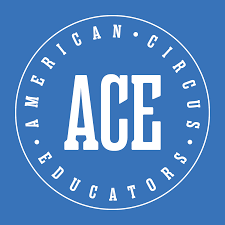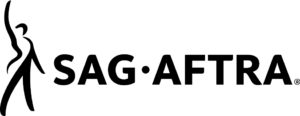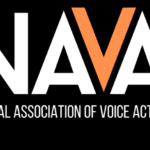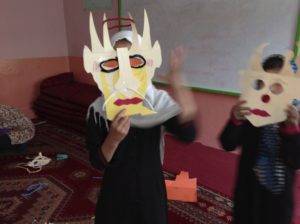
Arts in Education: Mobile Mini Circus for Children in Afghanistan has returned
Since I visited this incredible program in 2013, they were forced to shut down and seek safety when the Taliban again grew powerful and violent in the Autumn of 2022. Now, once again (as of January 2023), they have 27 teams in 11 provinces, serving children of all ages and genders, with a social circus program that also provides food and other instruction. You can learn more about them on their Facebook page (they post most often on Facebook). Support by sharing or donating if you can. — I am walking down the dirt road, my headscarf up over my
